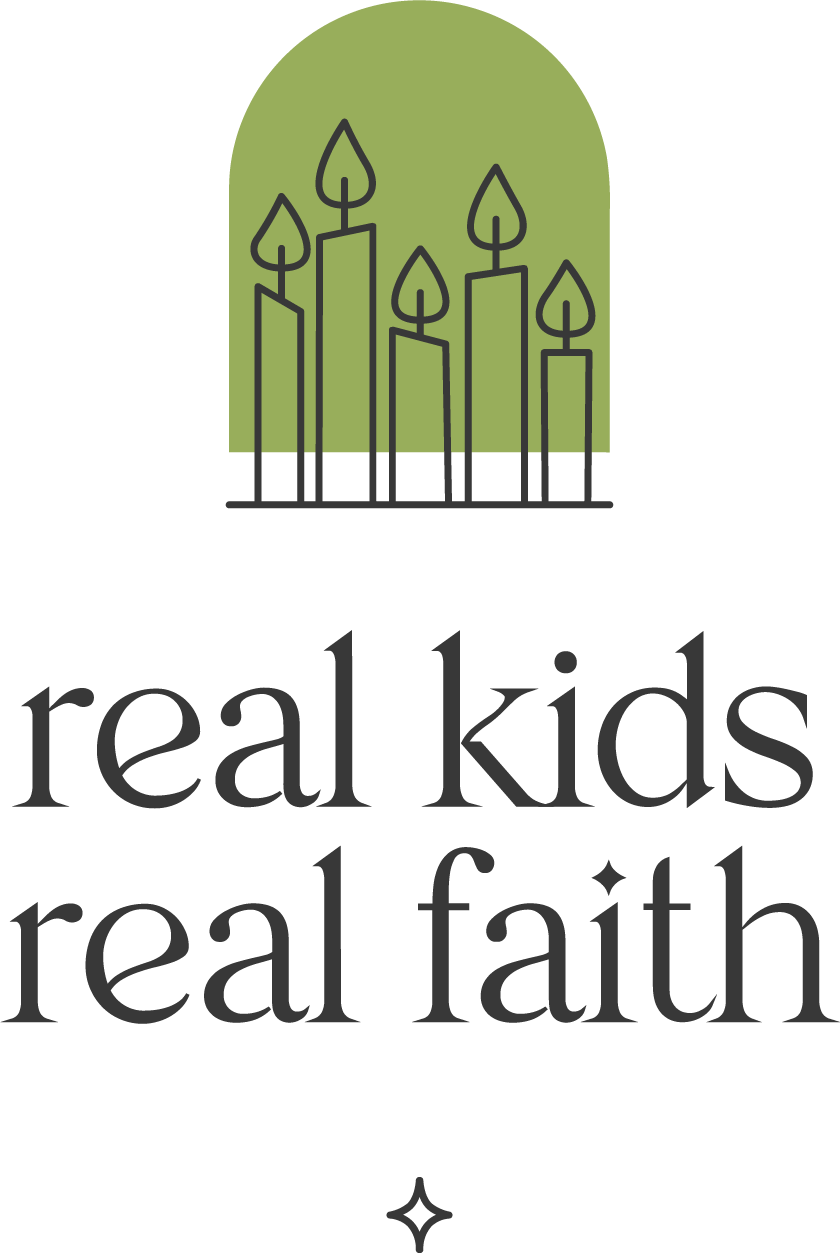When my family took our seats to watch the movie version of Wicked, we were expecting an upbeat musical with big dance numbers and beautiful costumes. What we didn’t expect was the focus on issues of race, marginalization, and ethical decision-making. We were quickly caught up in the film’s big questions: What will happen to Elphaba? Will Glinda support her or switch allegiance to the Wizard? How would we feel in Elphaba’s shoes?
Watch the movie together and explore these questions and others using one or more of the following activities with children ages 8 and up.
Wickedness. The movie opens with Glinda asking, “Are people born wicked, or is wickedness thrust upon them?” Ask children: Why do people think Elphaba is wicked? How do you see Elphaba? Do you think she was born wicked or acts as she does because of her life experiences? How might Elphaba be different if people had been more accepting (affirming)?
Being Green. Elphaba’s green skin color prompts intrusive questions and mockery. When Glinda meets Elphaba, the first thing she says is: “You’re green.” Elphaba feels like she needs to explain her difference. Ask children: What else could Glinda notice about Elphaba that affirms Elphaba’s value and worth? Invite them to act out Glinda’s and Elphaba’s meeting, substituting more affirming observations for the hurtful comment about Elphaba’s skin tone.
Respect for all. Elphaba cares deeply for the animal citizens of Oz. She is troubled by the treatment and ultimate removal of Doctor Dillamond, who is a goat. Encourage children to identify groups of people, such as those who are unhoused and immigrants, who are treated badly just because of who they are. Invite them to draw pictures of ways they can show support for those who are marginalized. Encourage them to share their images with others to advocate for respect for all.
Feelings dance. Glinda plays a mean joke on Elphaba, giving her an ugly hat to wear to a school dance. With everyone laughing at her, Elphaba begins to dance by herself. Tell children: Dancing can be a way to help us manage uncomfortable feelings. Put on Dancing Through Life from the Wicked soundtrack (or other music) and invite them to create their own dance moves. Ask: How do you feel when you are dancing? What dance moves might help you feel better when you are stressed or anxious? When you feel sad? When you are angry?
Glinda’s decision? At the end of the movie, Glinda must decide whether to stay with the Wizard or leave with Elphaba. Encourage older children to use a decision matrix (see Related Resources) to figure out which choice would be best. With younger children, create a list of why Glinda should stay and a list of why Glinda should go. Then ask children: What would you do if you were Glinda? Why?

Comments